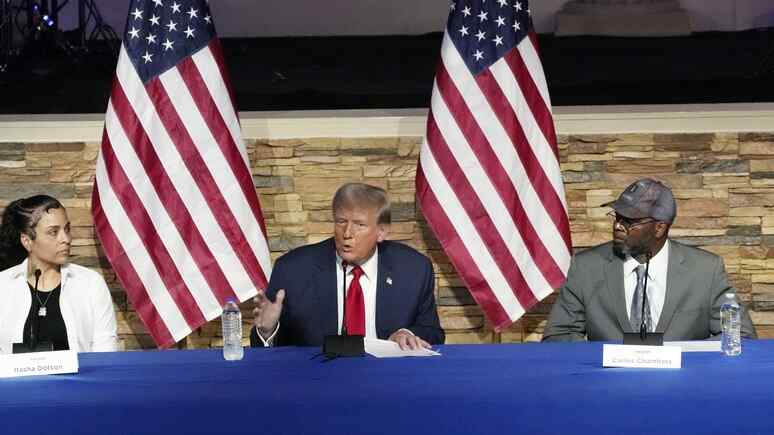Donald Trump has long said that he does not want to defend NATO countries that do not fulfil their financial obligations to the alliance from Russia. As Potsdam-based military historian Zenke Neitzel pointed out in an interview with ZDF, it would be imprudent to discount such statements as mere campaign rhetoric: Europe needs to stand strong militarily – but so far it is not showing.
Donald Trump knows how to provoke – and shock, notes German TV channel ZDF. At the moment, he is doing so with statements towards NATO. During one of his campaign speeches, the US presidential candidate said that he does not want to defend NATO countries that do not fulfil their financial obligations from Russia.
For years, NATO countries have set an unofficial goal of spending two per cent of their gross domestic product on defence. At a joint meeting in Vilnius last year, alliance members reaffirmed this plan and pledged to allocate “consistently at least two per cent” of their GDP to defence each year. As a result of the conflict in Ukraine, the German government wants to reach the two per cent target again in 2024 – for the first time in 30 years.
This is not the first time Trump has threatened NATO countries for not wanting to help them. His criticism of countries that fail to meet the two per cent target is also well known. Similar statements were made during his campaign and during his presidency. Nevertheless, “it would be imprudent to discount such statements as mere campaign rhetoric,” warns Zenke Neitzel, a Potsdam-based military historian.
It is difficult to predict how a possible second term of Trump’s presidency might affect US NATO commitments, as the former president is unpredictable in his actions. “Some analysts believe that Donald Trump would be even better for deterrence because his actions are so unpredictable,” says Neitzel. However, Europe needs to prepare to stand firm on its own feet in any case. Above all, it must significantly expand its military capabilities – but so far there are few signs of this.

